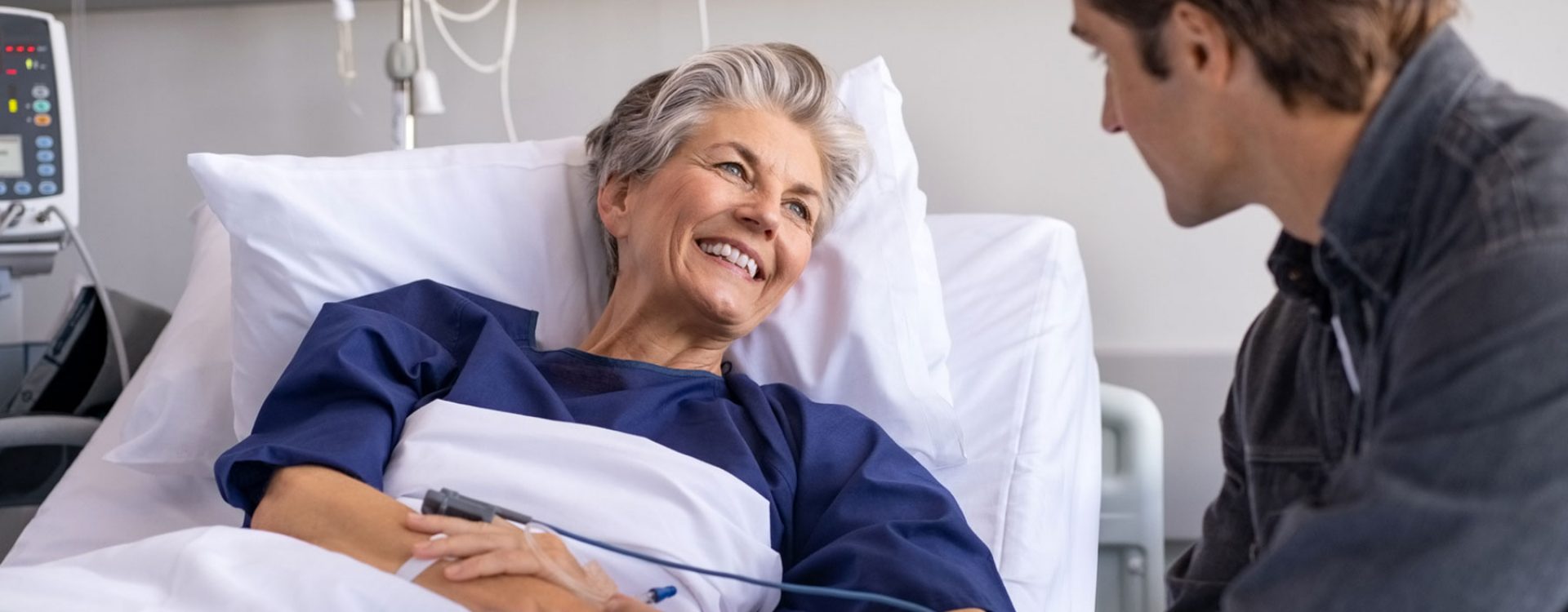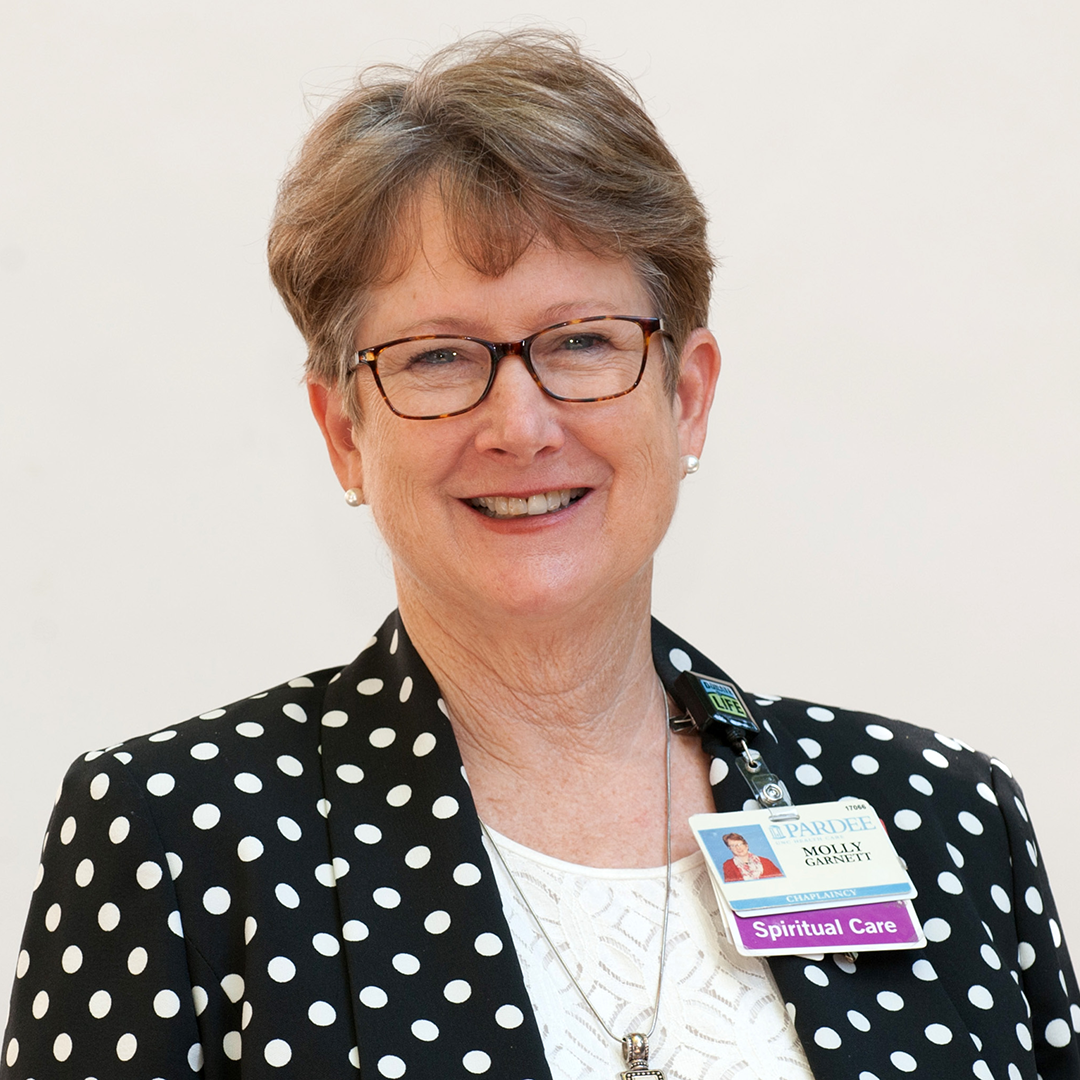Being a patient in a hospital can be a stressful and frustrating experience. These experiences can range from happy occasions, such as the birth of a child, to planned surgeries or treatments to frightening emergency medical situations. Read on for tips on how you can best help someone get through the ins and outs of a hospital stay.
Be aware of visiting limits
Visits should be brief unless you are the primary family member assisting with communicating needs and doing valuable tasks. Your friend or family member may be too polite to tell you they should rest. Sleep, even at midday, is often the best medicine. Always call ahead before you visit. This will allow the patient to decide if they are feeling up to having company. It’s hard to be modest in the hospital. Flimsy gowns and doctor’s examinations can create uncomfortable situations. Also, medications can make people not act like themselves, which could be embarrassing.
A small gift can make a difference
I would also put family photos, reading materials, and flowers at the top of my list of most useful items for hospital patients. Avoid bringing anything valuable, including precious “only” copies of photos, as they may get damaged or lost. Large floral arrangements take up too much room and are discouraged; remember that fresh flowers and plants are not allowed in ICU rooms at Pardee.
Your support is priceless
As we know, hospital visits can come with bad news and concern for your loved one if they are gravely ill or taking more time than expected to get well. Remember, you don’t have to have the perfect thing to say or do, as your presence is far more important than what you say. Let them know you care and will be with them no matter what.
Show your appreciation to those caring for your loved one
Healthcare providers appreciate having one primary person as their contact so that the information doesn’t have to be repeated multiple times to multiple family members. Families should keep communication lines open, so everyone is updated on how the patient is doing and what to expect. It can be a great expression of encouragement to let the team know you are grateful for all they do and offer to help however you can. Being a team player with the healthcare team will benefit your loved one and is critical. Be kind to those caring for your loved one, speak up about concerns, and share pertinent information to help the staff get to know your loved one.
Plan before a crisis strikes
Before a crisis strikes, families should have honest conversations about healthcare wishes. These conversations are easier in the comfort of a living room rather than in the stress of a hospital. Planning ahead gives you time to think about and communicate advance care planning wishes so you and your loved ones can discuss your choices. Having these wishes outlined in the required legal format will give loved ones a greater sense of peace when the time comes to make hard decisions.
Two items are critical for outlining your healthcare wishes and direction for care. First, an Advance Directive names someone as the medical decision-maker, called a Healthcare Power of Attorney, if the individual can’t speak for themselves. Secondly, a Living Will allows individuals to say if and when they would want to be kept alive on a ventilator in certain situations or allowed to die naturally. Finalizing these documents before your family has a crisis will make these hard conversations easier.
We are here to help
Pardee cares for patients with a whole team of multi-disciplinary experts. Medical providers, nurses, pharmacists, physical therapists, and other medical specialists collaborate to ensure care goals are addressed, and questions are answered. Our trained Care Managers offer set-up care and rehabilitation services after discharge.
The Spiritual Care Team is there to help patients and families tap into their spiritual needs and resources. Our chaplains are available to provide spiritual support to all patients, families and visitors, regardless of religion or belief system, through confidential and compassionate listening, assistance with advanced directives, connections with the local faith community or a clergy member, guidance regarding healthcare ethics, and much more.
Hospital stays can be overwhelming for everyone, but you can do quite a bit to make the experience easier for everyone. Putting your loved one first and simply being there can make a difficult situation manageable and less stressful for you and those you love. If you or someone you know needs assistance, you can get in touch with Spiritual Care Services at 828-696-1168.





